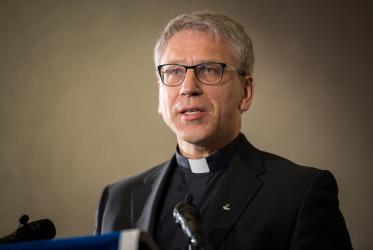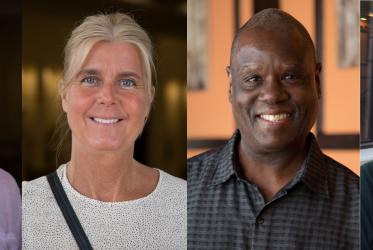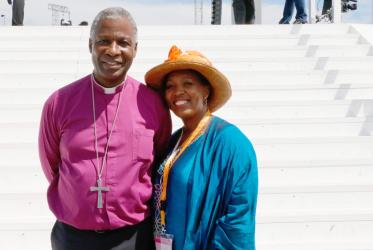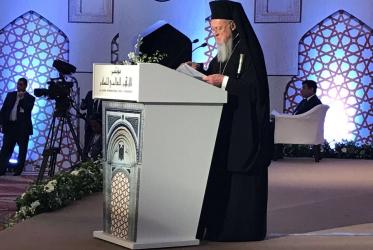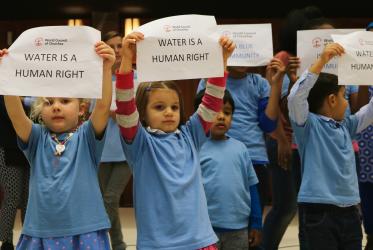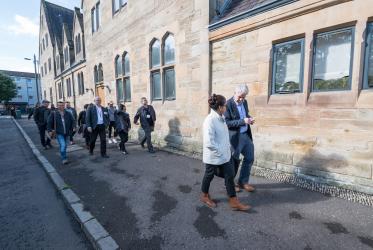Displaying 121 - 140 of 214
07 November 2017
WCC congratulates Nobel Peace Prize laureate ICAN
06 October 2017
WCC students study what makes a peace communicator
18 July 2017
Bossey students speak as one on fostering peace
14 July 2017
G20 summit: call to pray for peace in Hamburg
07 July 2017
Peace consultations of hope
07 July 2017
‘Love is stronger than hate’
02 May 2017
An interview with the Ethiopian Patriarch, Abune Matthias
14 February 2017
Grand Imam calls for collaboration against violence and poverty
06 October 2016
